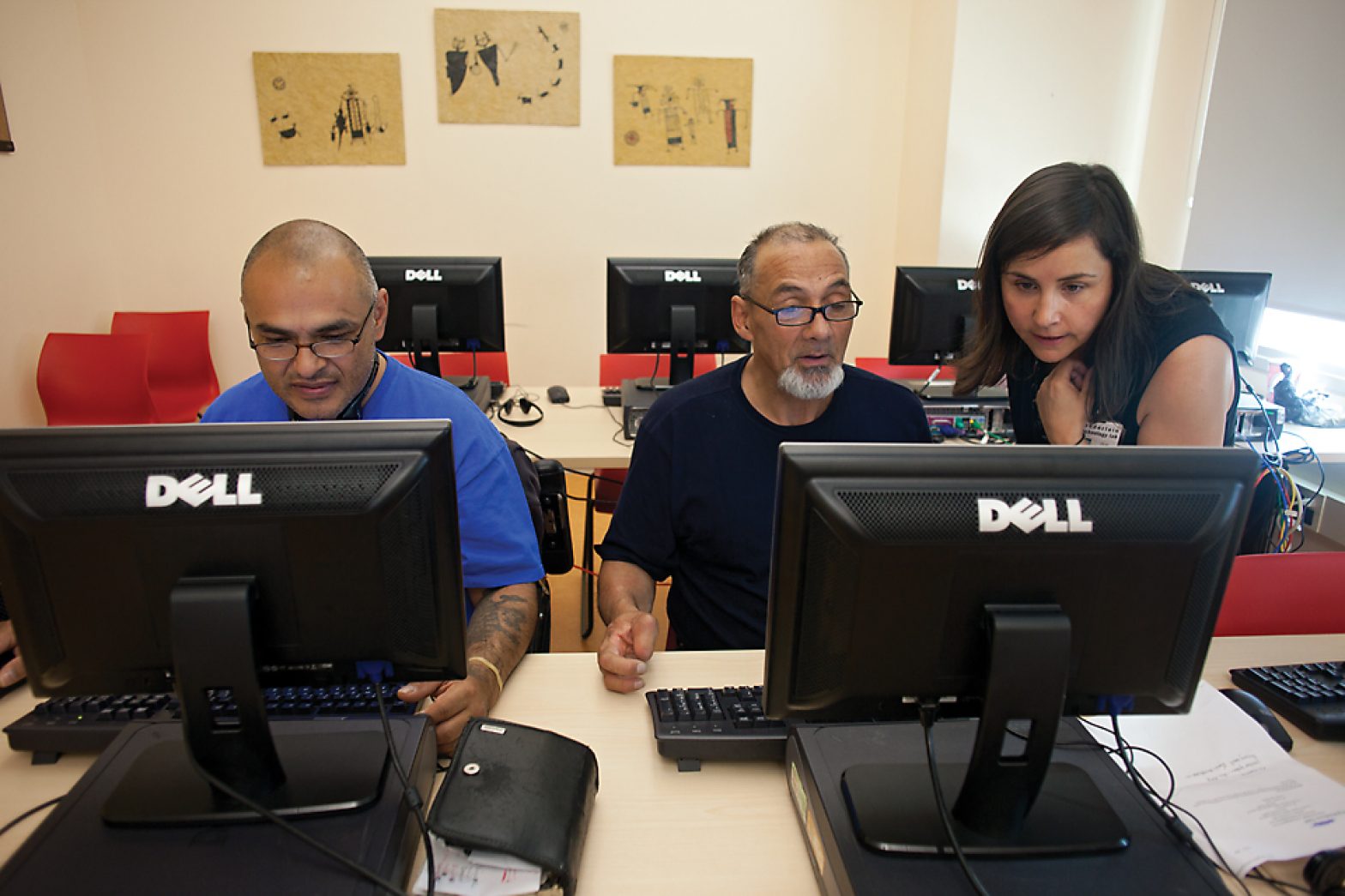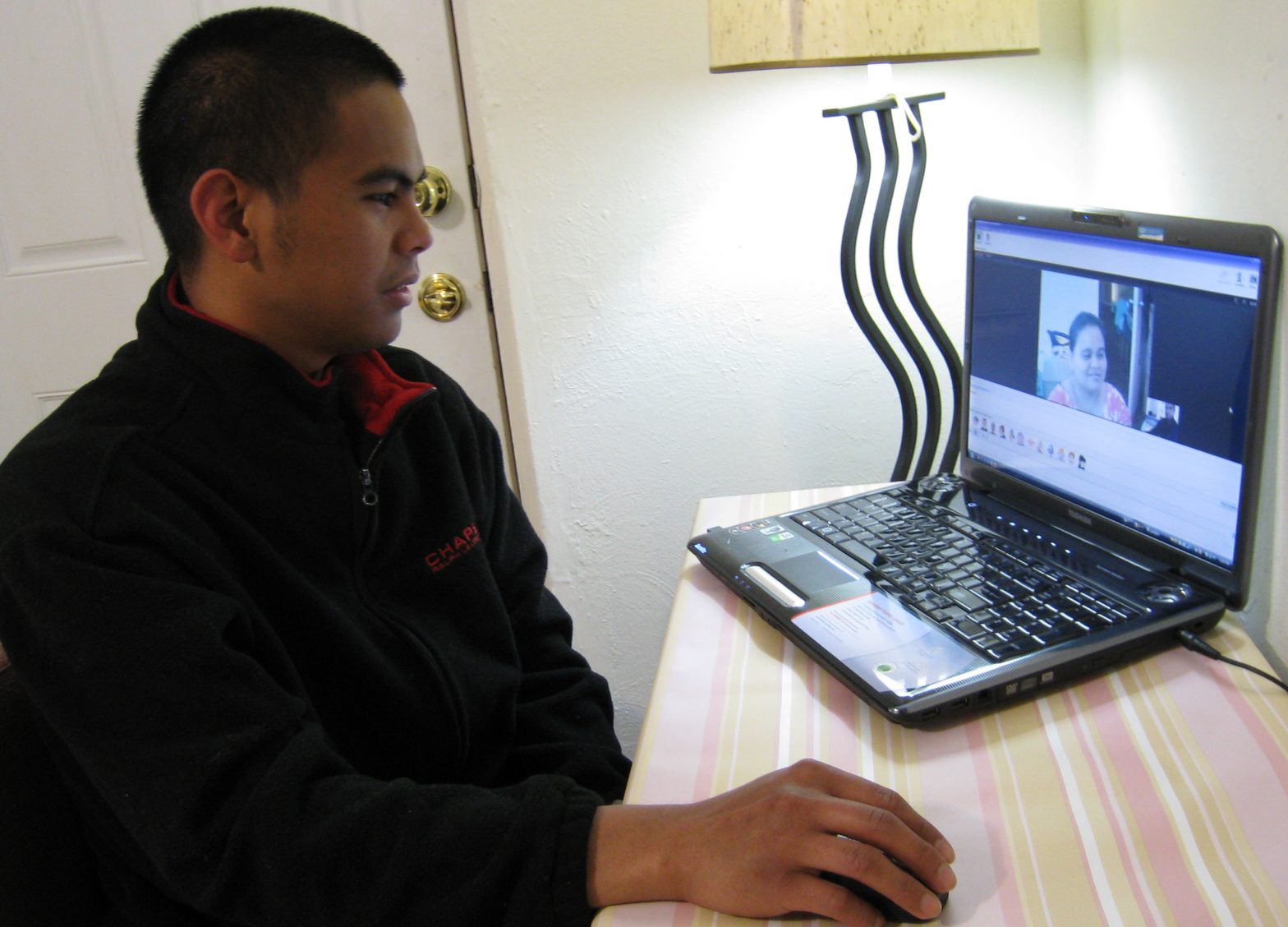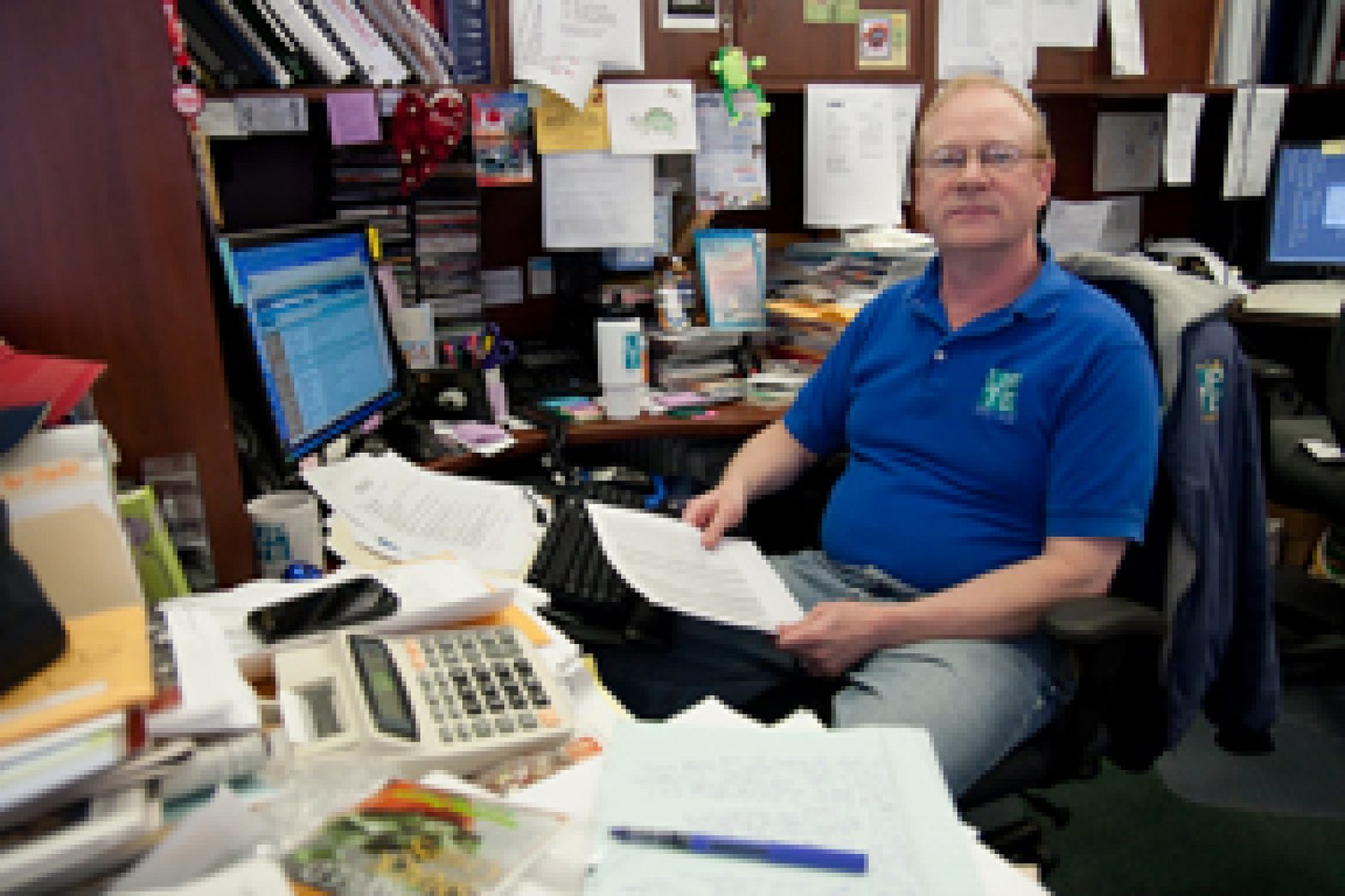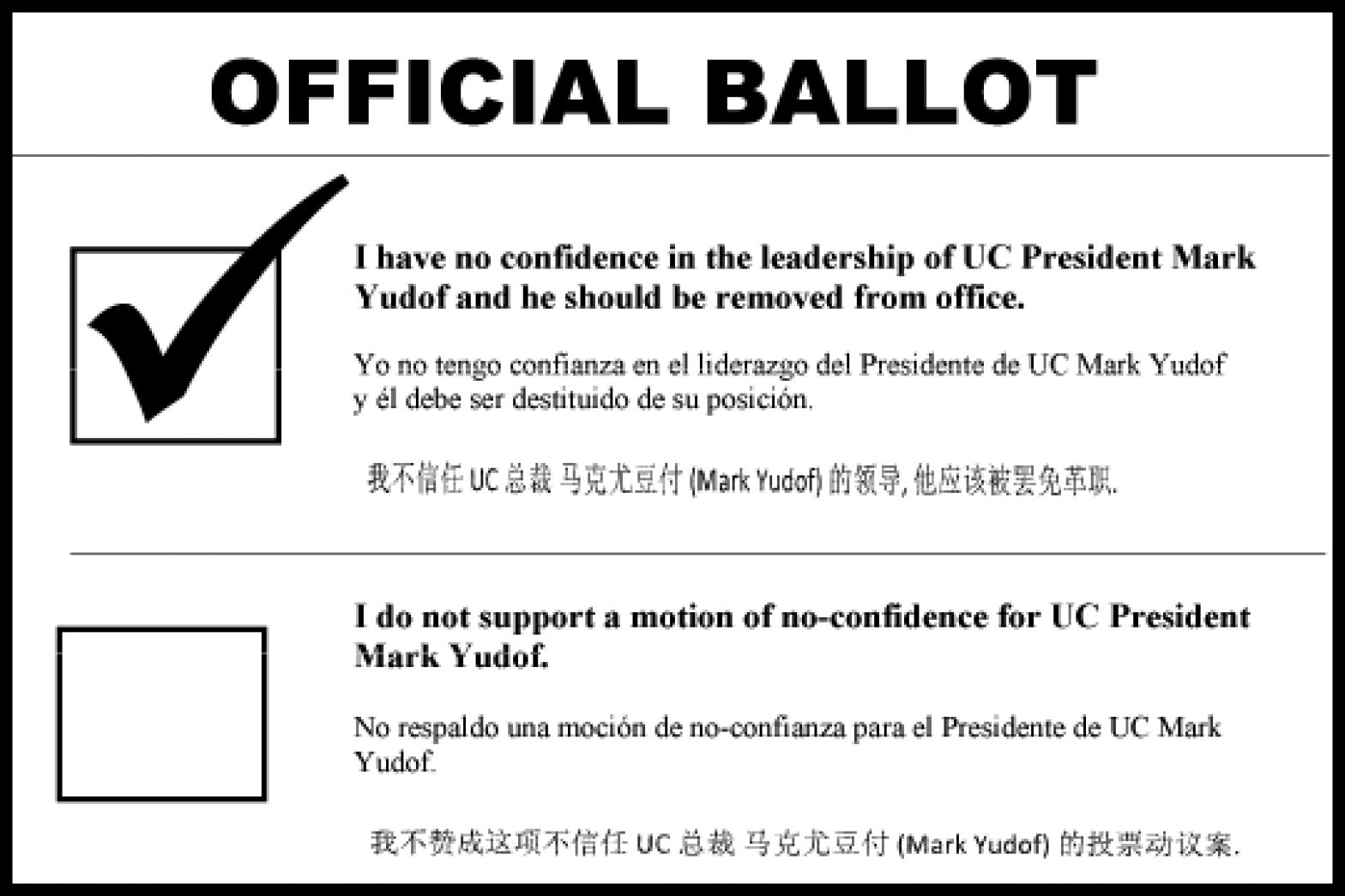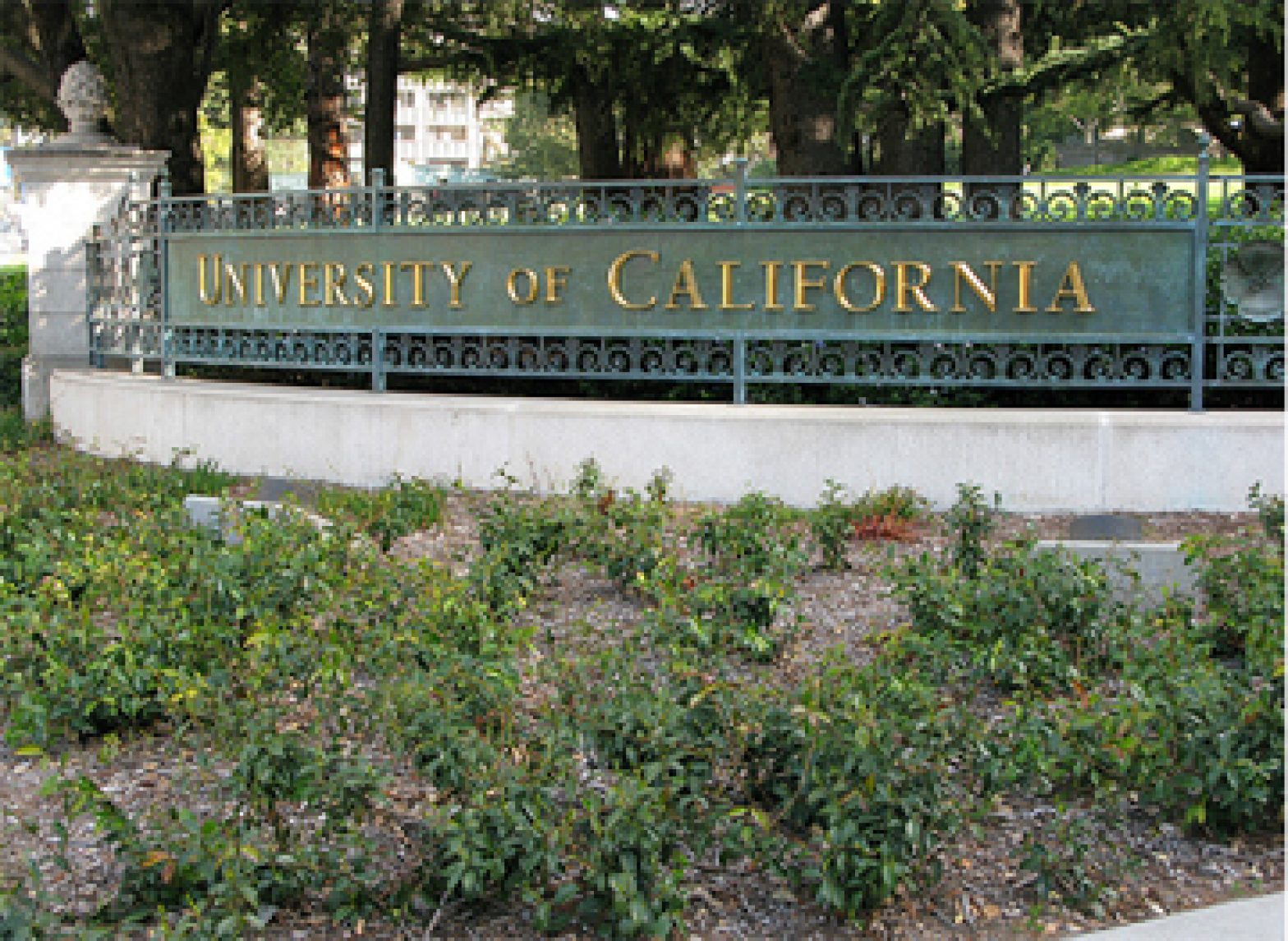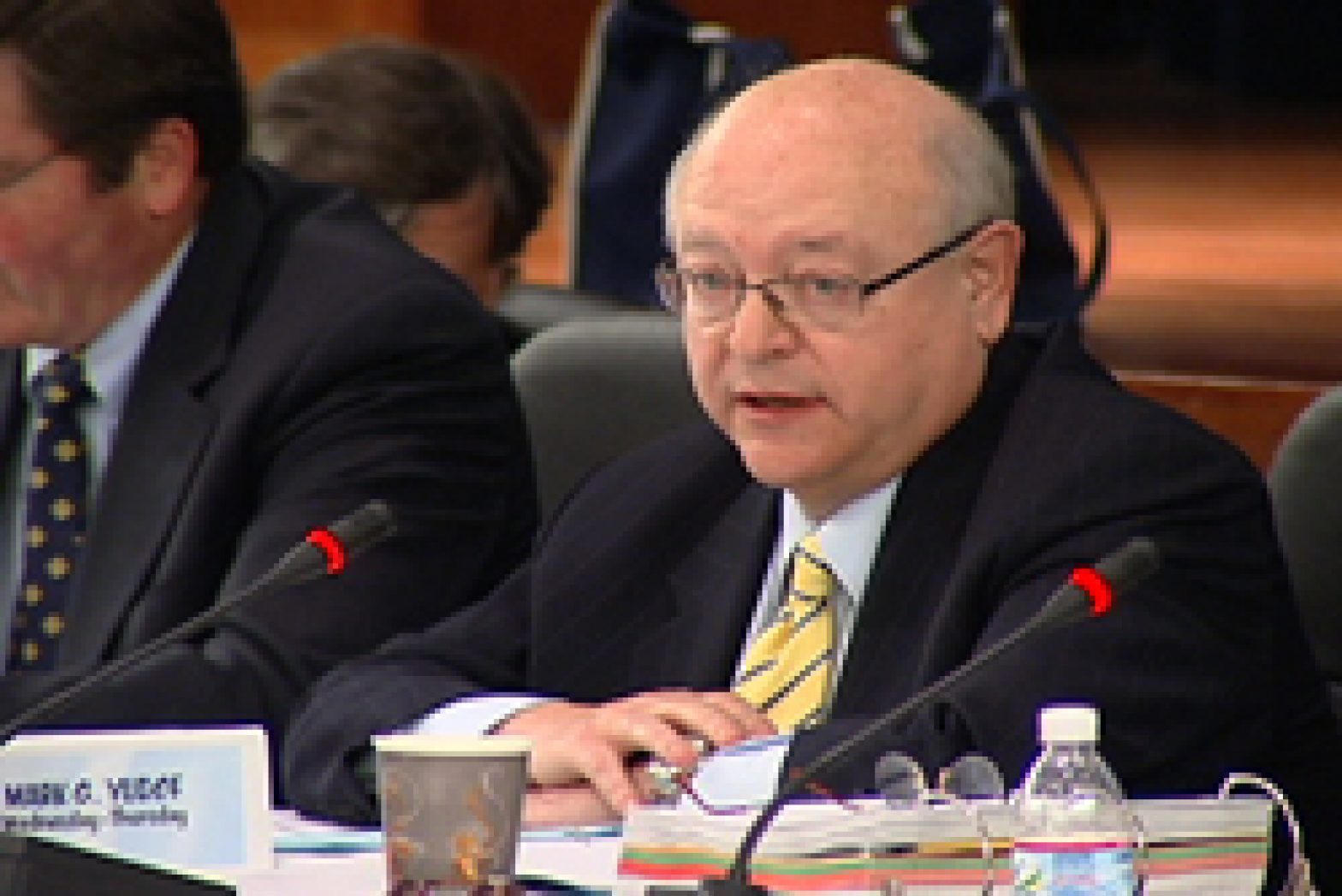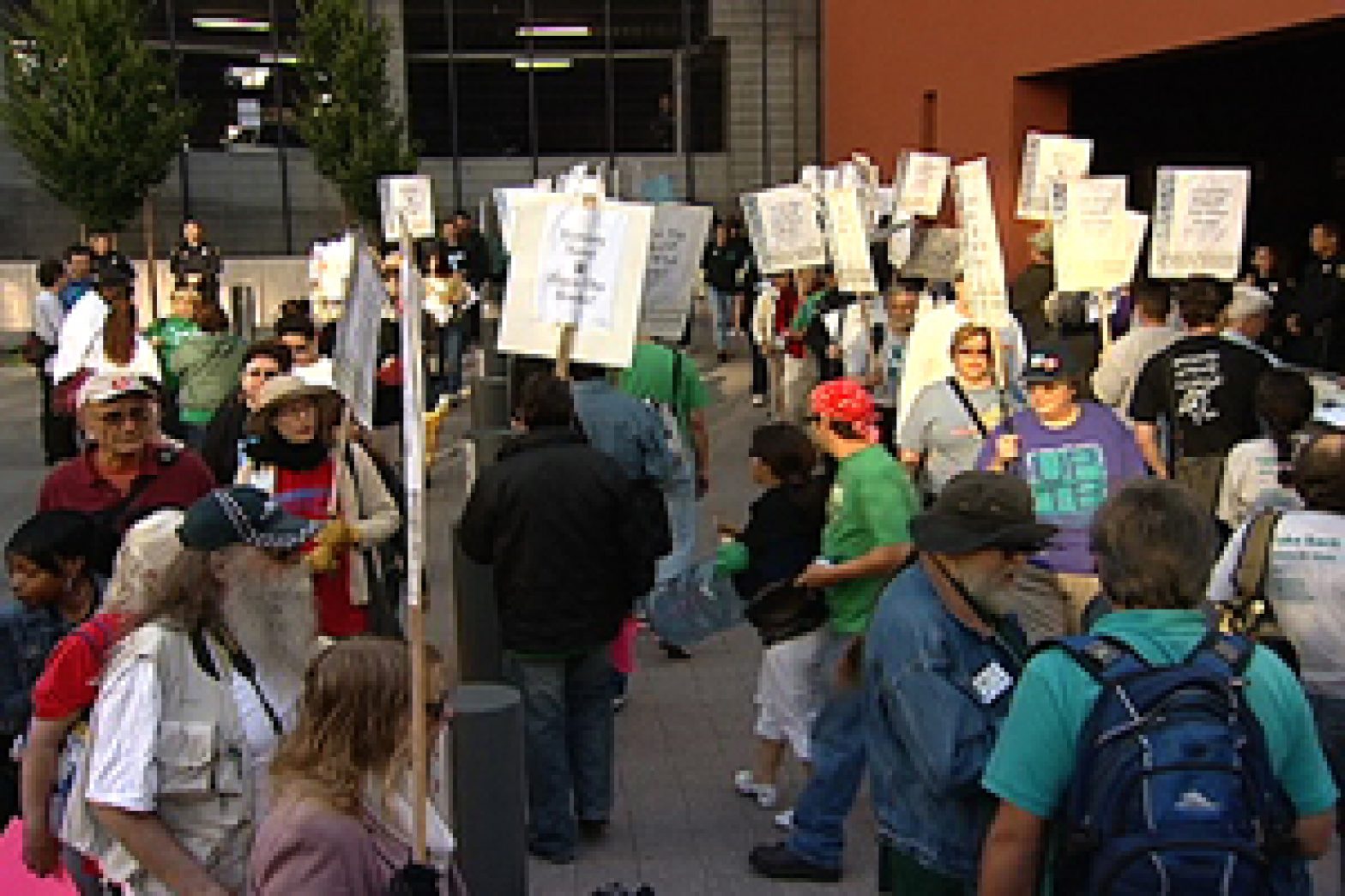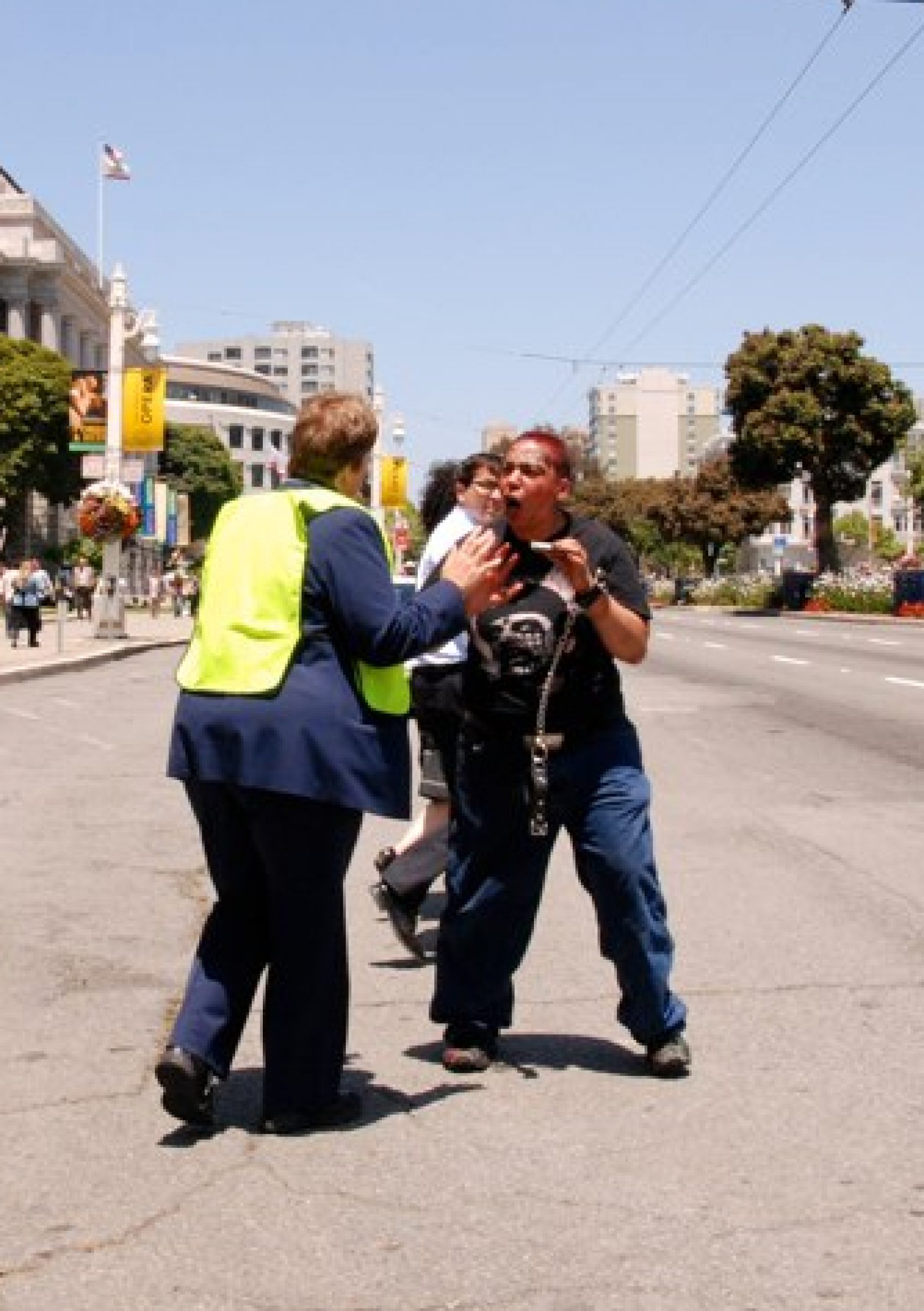Community
Internet Access as the Next Civil Rights Battle?
Advocates argue for ‘open Internet,’ some fear minority redlining
The ongoing, often arcane, battle over whether telecommunications companies may slow certain online services and charge fees to speed up others has morphed into a civil rights controversy.
Many of the country’s leading civil rights organizations are siding with the phone and cable companies in their bid to prevent federal regulations over their broadband, or high-speed, Internet services. At stake: whether to preserve “network neutrality” — the longstanding principle that all consumers can access whatever websites or applications they want on the Internet, at the same speed and without limitations imposed by Internet service providers.
